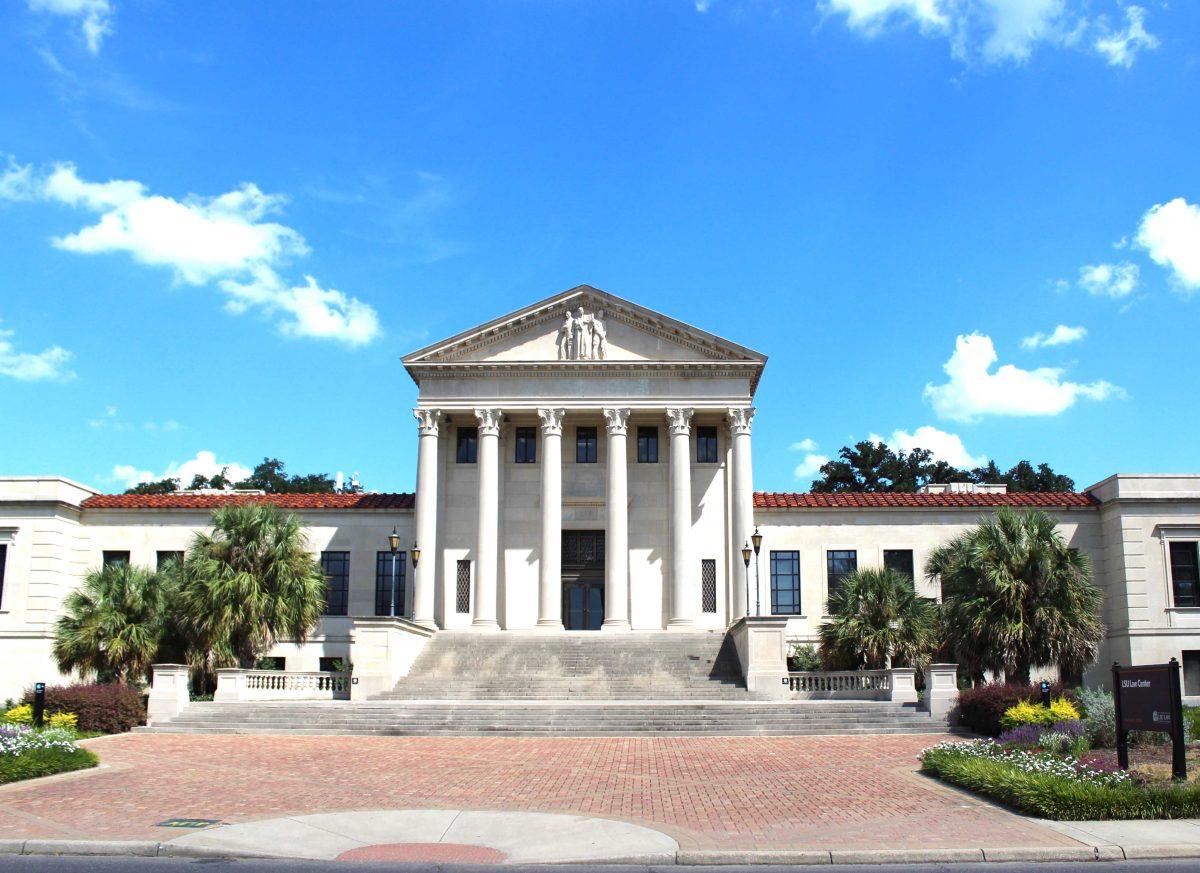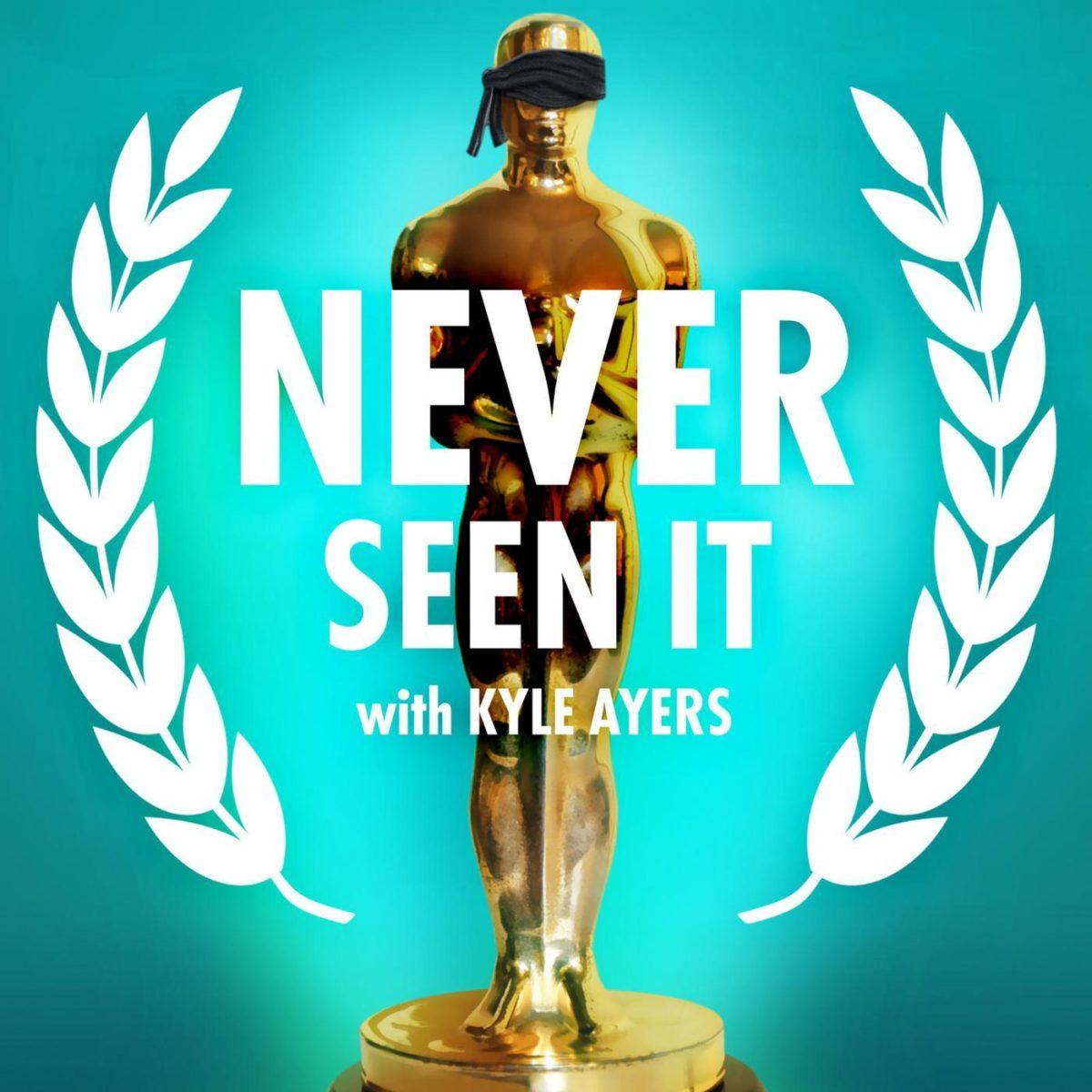As University students’ graduation date looms, so does their employment future.
In college we have many opportunities to engage: internships, work-studies, field work, undergraduate research and other professional programs. Basically every single major on this campus has some variation of a program which allows students to make use of what they learn, to make their skills work for them.
Whatever a student’s interests there are always opportunities that pertain to them. Get experience, make a name for yourself, build a resumé, but more importantly, don’t let a single opportunity go to waste.
I spoke with three students about why they chose the paths they did, and what they were doing relating to what they wanted to do in the future.
“I chose [political science] because it’s something that I’ve honestly always been interested in history and world politics and that sort of stuff,” political science sophomore Harry Poche says. “Money wasn’t a deciding factor, but since the income is okay that made the decision easier.”
Take Poche for example: he wants to get more involved in political science in the world around him. The political science undergraduate internship program advertises as its purpose on its website, “The political science internship gives students an opportunity to gain important experience beyond the classroom through work at a governmental or private agency concerned with public policy.” An opportunity such as this being available to undergraduates is good news for Poche.
About his extracurricular activities, Poche said, “I haven’t really done anything concerning political science yet. I want to sit in on the state floor, so I’m going to have to see how to do that.”
Sophomore art student Allison Grant says she chose art because she’s always loved it.
“I’m always doing stuff outside of school,” she said.“I’ve sold my stuff to people and collaborated with other students and friends. Really, I’m always drawing and painting stuff like that. I’ll try my hand at something every so often, you know, like photography or digital art or something. But I do keep myself busy outside of school.”
Grant said she attends visiting artist lectures and gets involved in the artistic community as much as she can and as often as she can. She makes the most of those things the University is offering her and this can do nothing more than help her in the long run. She gives to her future what she hopes it gives to her.
Freshman law student Mark Little became interested in law as a child. He says his parents also supported his career path. However, right now, all he’s done is focus on classes with no outside law experience.
He says he plans to do more outside of school, but as a freshman, hasn’t yet.
Little wants to get more involved in law. To do this, he will have to participate for at least six hours in the school’s Experiential Learning Programs prior to graduation, according to the school’s website, these programs advertise that, “there are a number of experiential opportunities at the Law Center that provide students with the opportunity to earn credit while learning through practice.”
Every student should want to use the skills that they are acquiring. Though some students such as Poche and Little may not know exactly what they are able to do yet, they at least have a wish to learn what opportunities there are and to start their involvement in the near future.
Jobs won’t just be promised to every person who is flying out of college. It is up to you to become confident in your abilities to get one.
Simply going to school for something means nothing if you fail to put in additional work. The journey to one’s future doesn’t end when you make it into college and get accepted into the program of choice. It doesn’t end when you sit in Middleton Library and study for hours on end. You have to give just as much to your future as you want back from it.
Opinion: While in school, students should take advantage of resume-building opportunities
November 22, 2016
Paul M. Hebert Law Center







